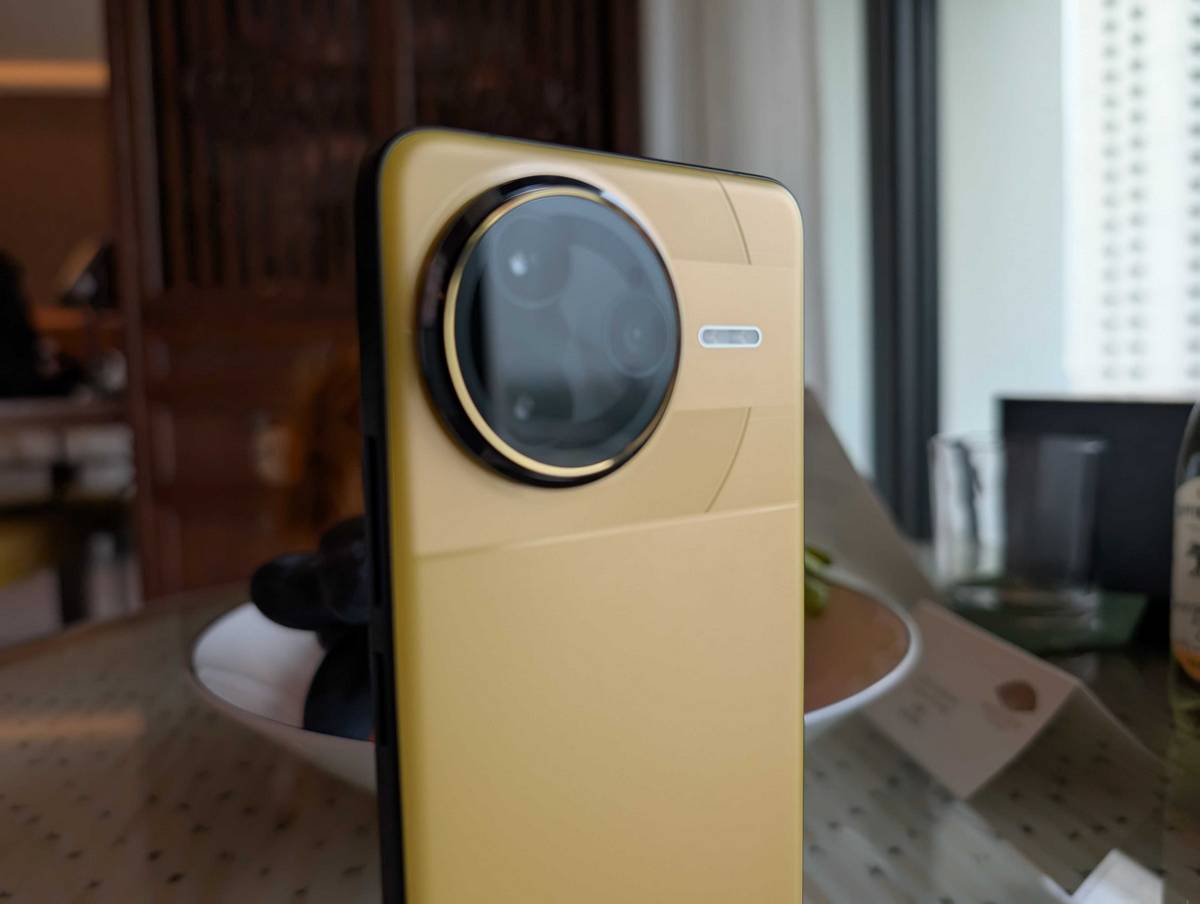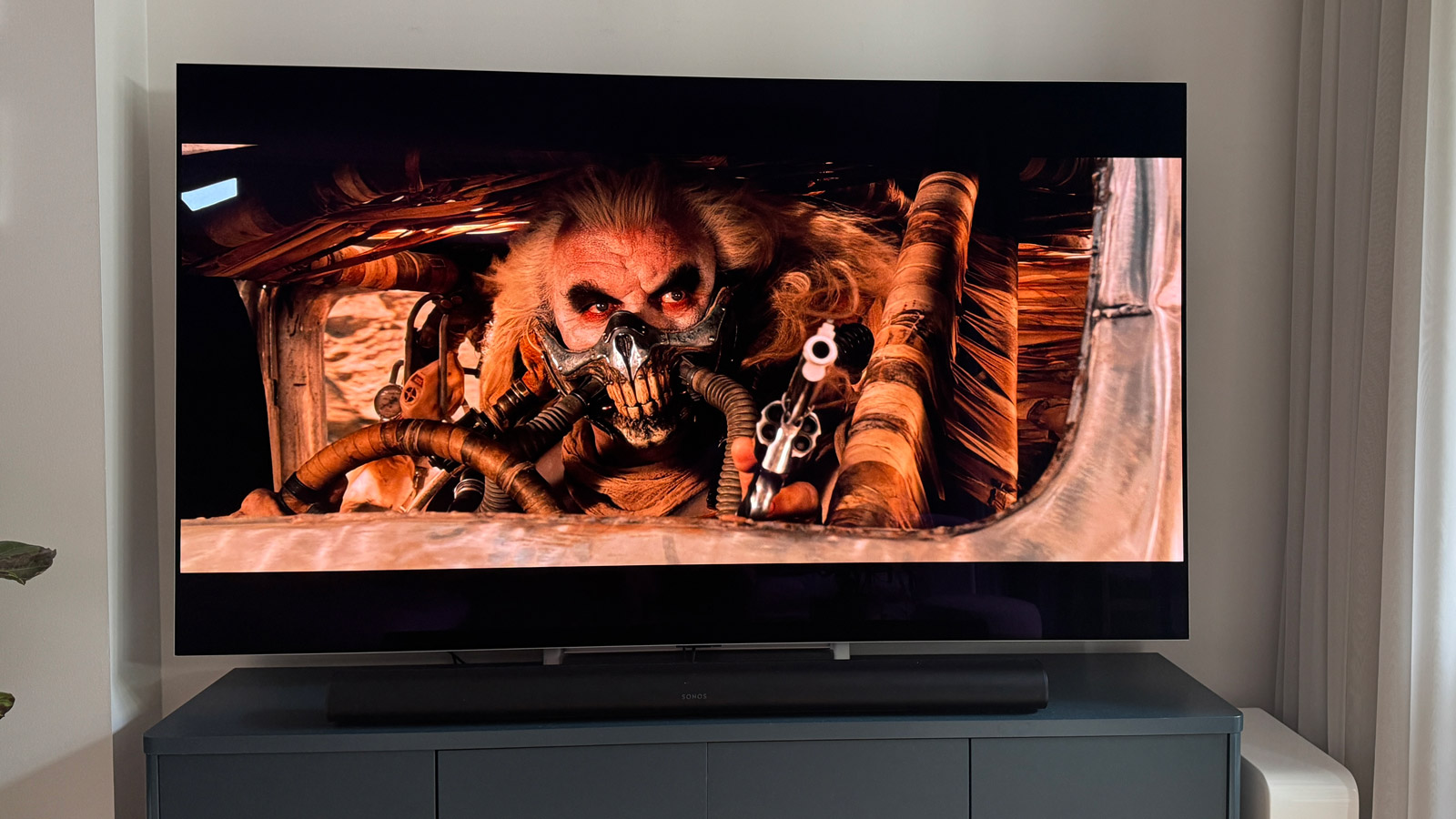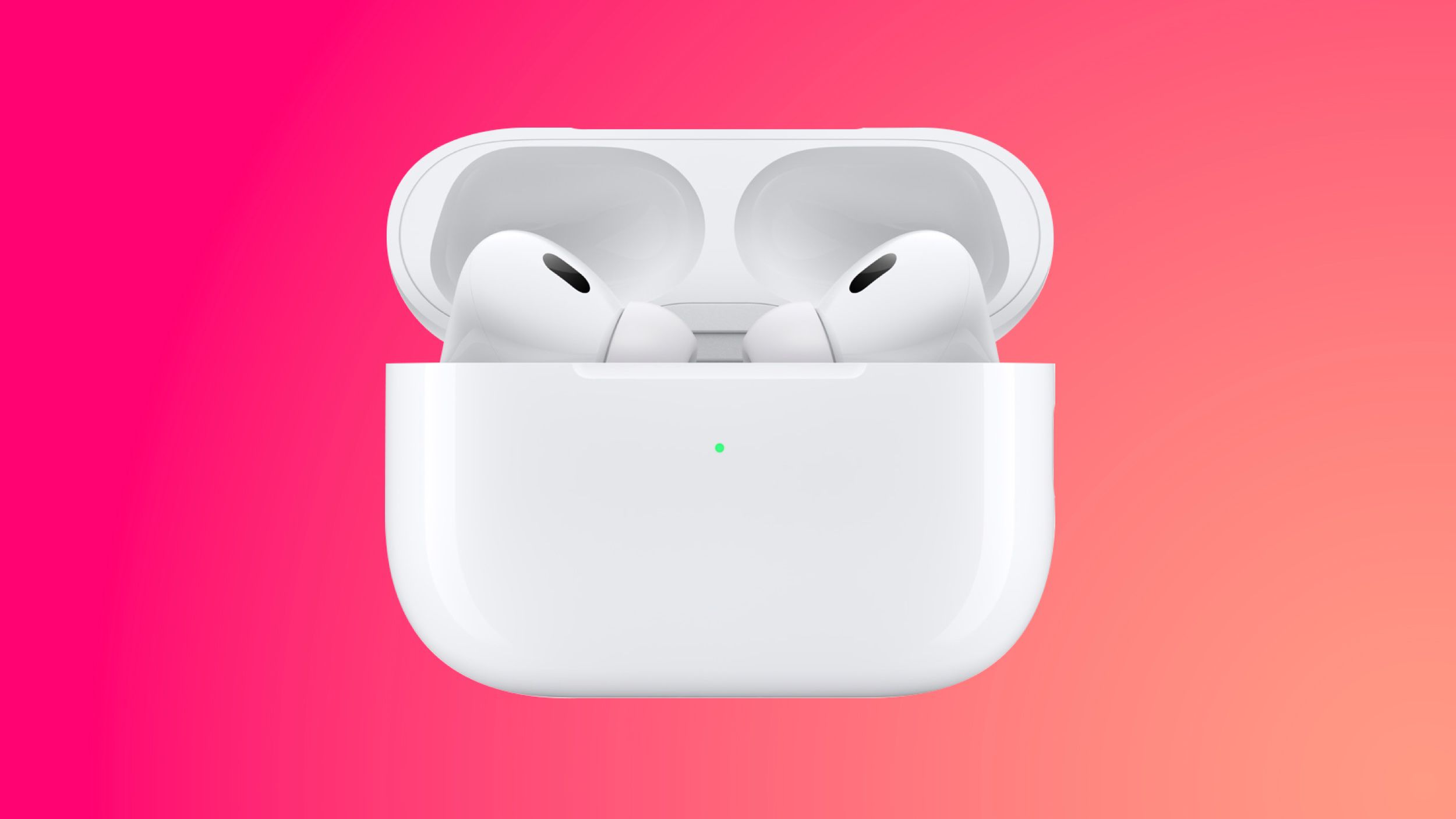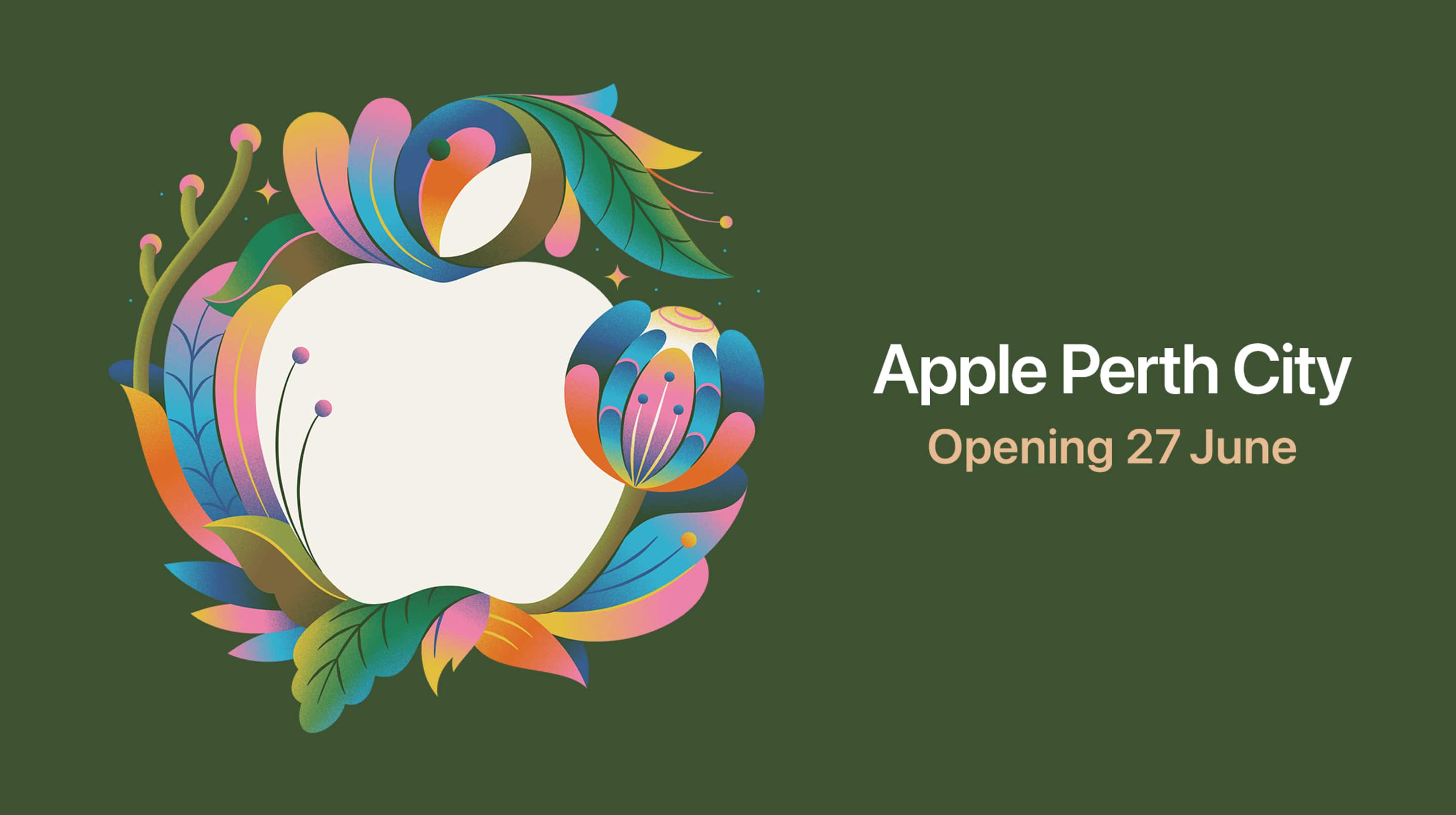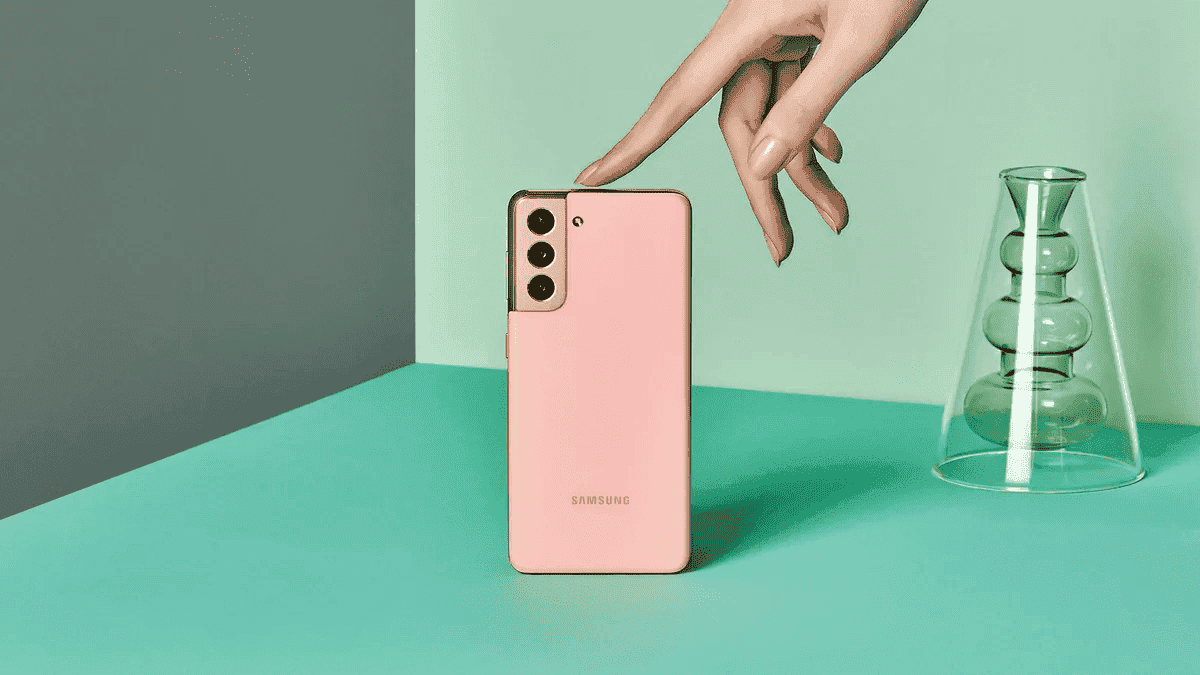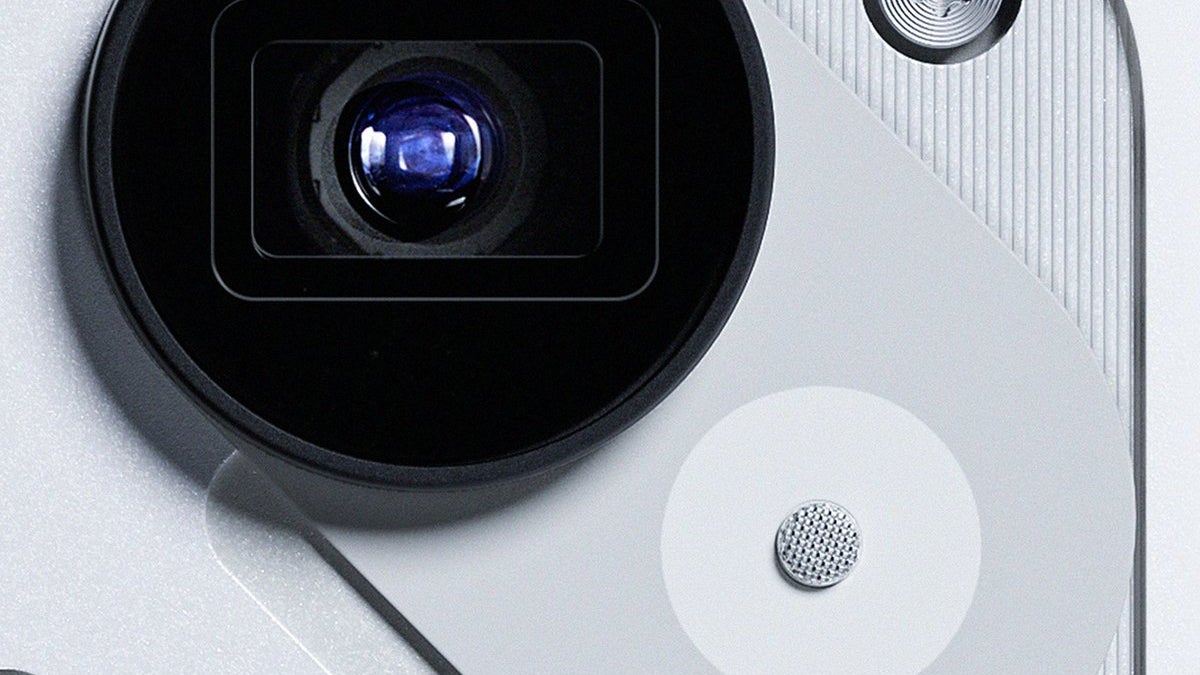Neer Shakti Systems' nanobubble technology is a promising solution to India's water woes
Neer Shakti Systems uses nanobubble technology for several hydrological uses, including oxygenating water bodies, offering enriched bottled water, and growing hydroponic plants.


India faces a water crisis on multiple fronts: polluted rivers, unsafe drinking water, inefficient irrigation, and energy-intensive treatment systems. Enter Manipal-based deeptech startup Neer Shakti Systems, which is tackling these problems head-on through its breakthrough nanobubble technology.
Neer Shakti Systems was registered in 2022 by Anant Kapur, a finance graduate turned deeptech entrepreneur who now serves as the startup’s CEO and MD. He co-founded the company with his father, Amit Kapur—the firm’s director and CTO, and his younger brother Aman Kapur, who is the co-CEO and head of R&D.
The company developed the ‘nanoubble technology’ in 2023 as a method to enhance water quality and efficiency while minimising environmental impact. It introduces gas-filled particles less than 200 nanometers in size into the water, where they remain neutrally buoyant. Unlike traditional bubbles that rise to the surface and burst within seconds, these nano bubbles can stay suspended for up to 12 years, according to Anant.
These bubbles are oxidative, electrochemically active, and carry a negative charge that attaches to positively charged pollutants like bacteria, viruses, and heavy metals. When they implode, because they don’t burst like regular bubbles, they generate extreme temperatures, neutralising the contaminants they are attached to.
The 27-year-old entrepreneur claims the technology’s gas transfer efficiency is 90%, compared to just 3% in traditional aeration systems, thus using much less energy. This makes the technology ideal for critical water use areas like agriculture, aquaculture, and industrial wastewater treatment.
In farming, the startup says it helps crops grow better by improving oxygen levels in the soil. In fish farming, it keeps fish healthier and reduces disease.
The background
Anant graduated from SP Jain School of Global Management with a double major in finance and investment analysis. He worked with Deloitte in Sydney, Australia. But the pandemic gave him pause. He left the firm and returned to India, launching his first startup, Everest Topo, in 2018.
Everest Topo built centrifugal aeration machines that created high-pressure air bubbles inside water. These machines were used in sectors like agriculture, aquaculture, and water treatment. “Over five years, we grew to export to 69 countries. In December 2022, it was acquired by a $45-billion US-based firm,” Anant tells YourStory.
Six months later, Neer Shakti Systems was born. This time, Anant chose to begin with deep R&D, a step he had skipped in his earlier venture. The team spent a year building, testing, and filing patents before going commercial in 2024. The company received early support and incubation from the UK Bio-Incubator in Manipal.
“We focused entirely on innovation. For a year, we made zero revenue,” says Anant. “That gave us time to understand and design a product that didn’t exist anywhere in the world.”
Neer Shakti currently operates across two brands.
Nico Nanobubble India Company sells nanobubble generator machines to B2B and B2C clients in agriculture, aquaculture, and environmental remediation. It also has B2G contracts; its first government client was the Haryana State Pollution Control Board.
The company has also worked with the Karnataka government and the Ministry of Environment, Forest, and Climate Change. It is in early talks with the National Mission for Clean Ganga to support the rejuvenation of the Yamuna River.
The second brand, IOTA Water, offers bottled water infused with nanobubbles. Launched commercially in February 2025 after a year of R&D and approvals, IOTA Water is sold at Rs 20 for 1L, at the same price as regular mineral water. “It’s clinically-backed nano-oxygenated water that boosts energy, absorbs through the skin, and helps reduce oxidative stress,” Anant says.
The bottled water is currently sold across Delhi-NCR, Haryana, Punjab, Uttarakhand, Western Uttar Pradesh, and parts of Rajasthan, with the brand planning to enter Madhya Pradesh next. Initially, the brand has been distributed offline through retail and direct channels. In just three months, this brand has reported Rs 5.5 crore in revenue.
Together, both brands helped Neer Shakti amass Rs 8.72 crore in revenue in FY25. The company is still bootstrapped, having started with Rs 6 crore from the founder’s savings, and reinvesting profits into R&D. While it receives frequent investor interest, Kapur says he is holding off until the company meets internal valuation benchmarks.
Nanobubble machines, built at Neer Shakti's Manipal plant, can treat between 30,000 and 500,000 litres per hour, depending on configuration. For Indian farmers, the machines can be installed on tube wells with no moving parts and zero extra energy consumption.
In aquaculture, the company made an impact in partnership with CUFOS, a leading aquaculture research institute. Its technology helped reduce fish cortisol levels from 19.26 mg/ml to 10.20 mg/ml, “better than any known chemical alternative”, Kapur notes.
Beyond agriculture and aquaculture, the tech is being used in desalination, effluent and sewage treatment, lake rejuvenation, surface cleaning, and hydroponics. Zomato counts among the startup’s clients, using nano bubble systems to enhance water quality and root oxygenation in their hydroponic farming units.
“We are the only commercial company in the world with this technology that is part of the ISO TC 281 committee,” says Kapur. “Since there’s no nanobubble export from India yet, we’ve been authorised to represent the country via BIS on the global standards body.”
One striking use case is a crocodile pond at the Delhi Zoo, where Neer Shakti raised the dissolved oxygen levels in the stagnant pond from nearly zero to 30.86 ppm, defying Henry’s Law, a scientific saturation limit. “No chemicals, no energy beyond basic flow pressure, and results in weeks,” Kapur says.
The company is now expanding into medical applications. “We’re developing nanobubbles that can carry and deliver drugs to targeted organs,” Kapur says.
This will involve trapping medicine inside a nanobubble, then guiding it through the body using magnets to release it precisely where needed, potentially for stroke, cancer, or heart treatments. The company is currently pursuing FDA approvals.
Neer Shakti has also won awards like Karnataka’s Nano Technology of the Year (2024) and a national honour from the Ministry of Textiles for applying the technology for sustainable silk processing.
The company operates with a core team of 25 employees and part-time sales staff, all based out of Manipal, Karnataka.
Its machines are IoT-enabled and can send real-time data. AI and ML features are being integrated to improve performance and user recommendations.
Machines are customised per the client's needs. For example, if someone needs to treat 400 litres, the company provides a machine that can process 300 litres in 20 minutes, costing around Rs 8-12 lakh. For short-term projects, it offers rentals or leasing. In agriculture, they partner with agri-finance institutions that purchase the machines and offer them to farmers on EMIs.
IOTA Water’s product line is also expanding. Within the next two months, it plans to list on Blinkit, Zepto, and Instamart. There are also 5-litre, 10-litre, and 20-litre packs in the pipeline.
Kapur says the company is in discussions with the Ministry of Defence to explore use cases for drinking and wound care, as the nanobubbles are 250 times smaller than a skin cell, allowing for deep absorption.
When it comes to competition, Kapur says, “Our only competitor is traditional aeration technology, our own past.”
The team is working on developing 1,000 cubic meter machines for large-scale river treatment. Kapur says the plan is to launch these within the next two years. Kapur’s larger mission is to “clean India’s rivers and make oxygen-rich, safe drinking water accessible to all”.
Edited by Kanishk Singh




























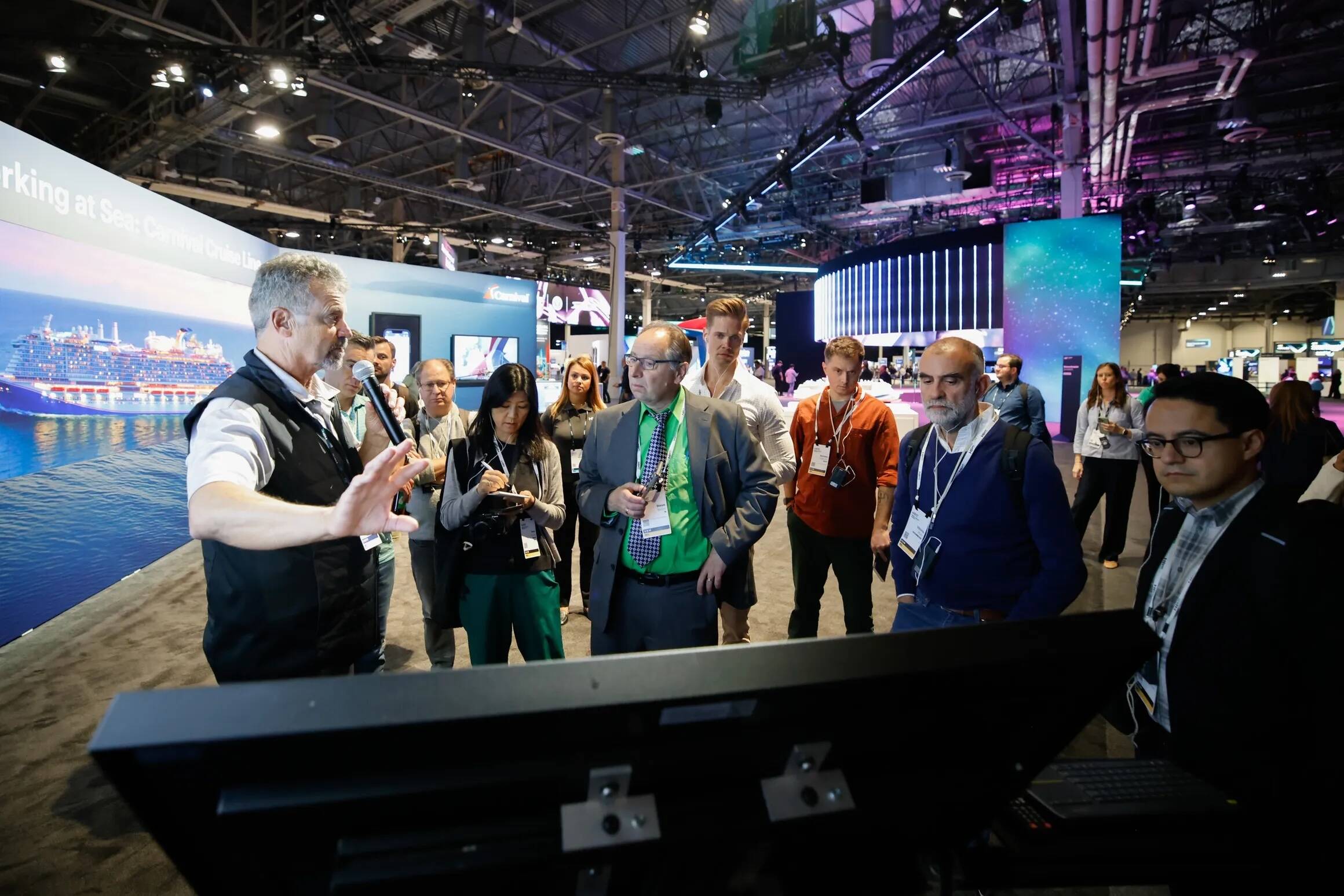

































































































































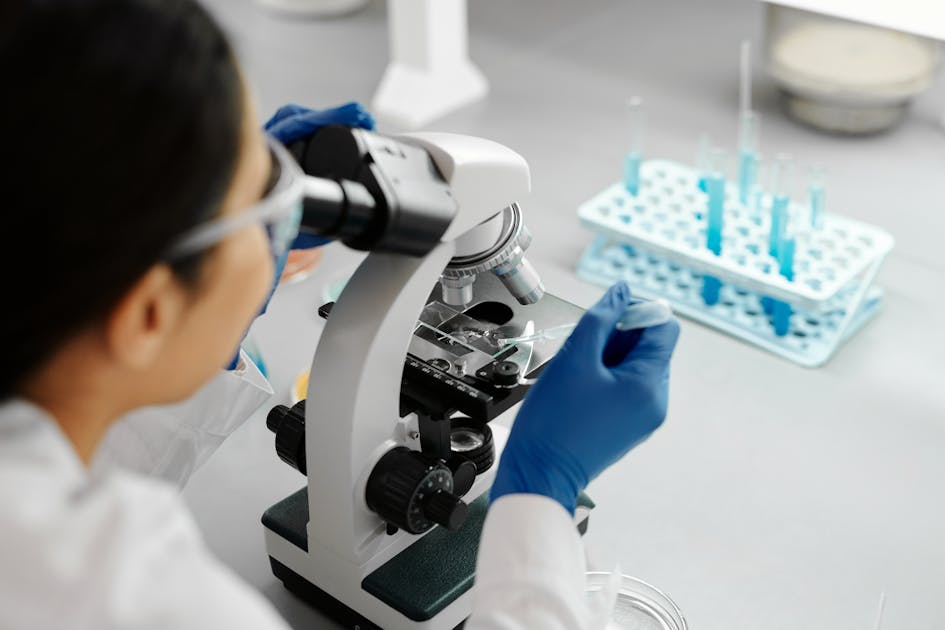















![[The AI Show Episode 156]: AI Answers - Data Privacy, AI Roadmaps, Regulated Industries, Selling AI to the C-Suite & Change Management](https://www.marketingaiinstitute.com/hubfs/ep%20156%20cover.png)
![[The AI Show Episode 155]: The New Jobs AI Will Create, Amazon CEO: AI Will Cut Jobs, Your Brain on ChatGPT, Possible OpenAI-Microsoft Breakup & Veo 3 IP Issues](https://www.marketingaiinstitute.com/hubfs/ep%20155%20cover.png)







































































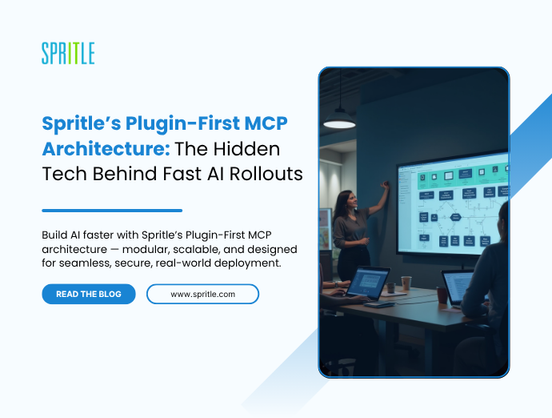



































































































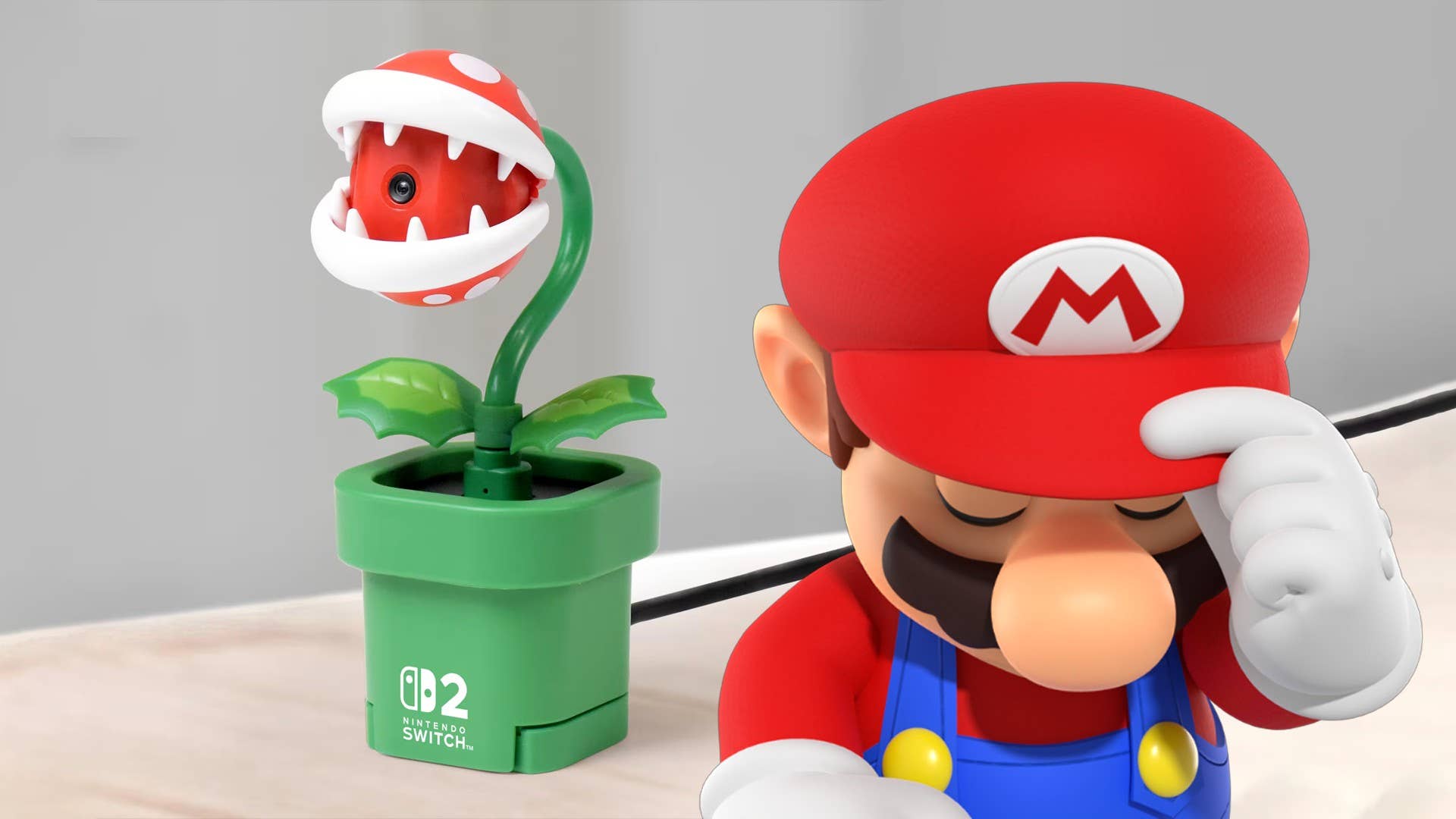

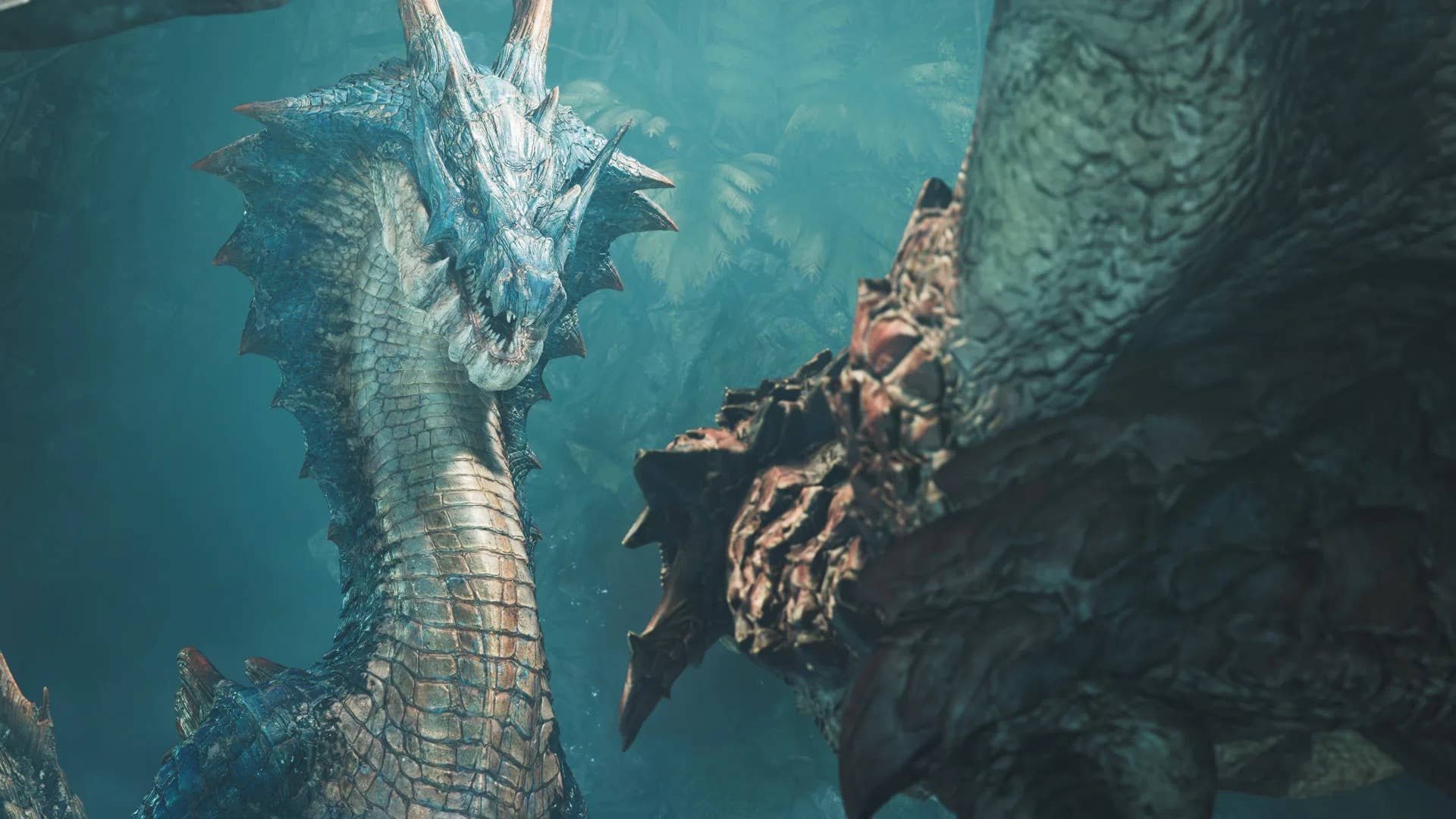






























































.jpg?width=1920&height=1920&fit=bounds&quality=70&format=jpg&auto=webp#)

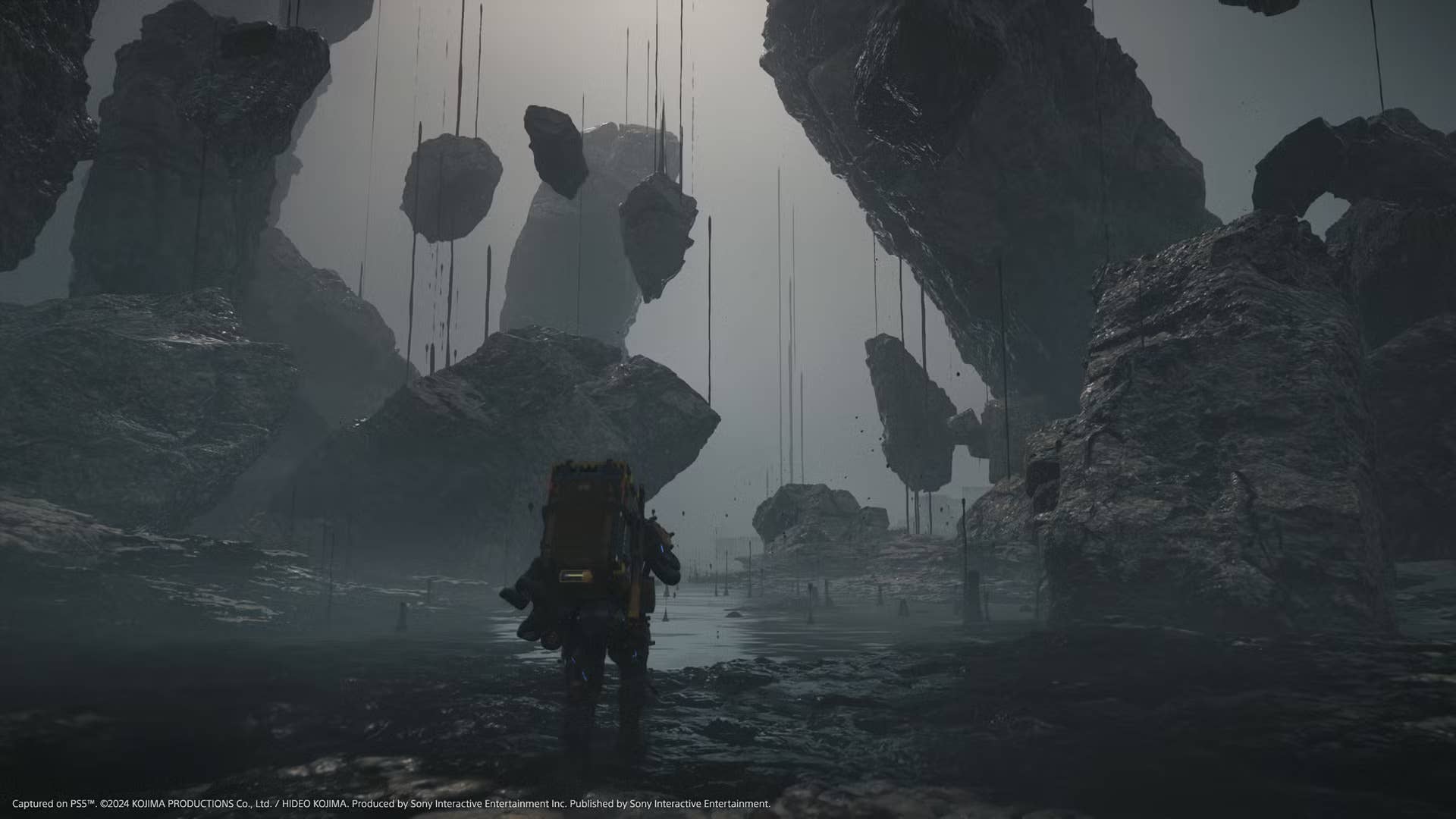























_Michael_Burrell_Alamy.jpg?width=1280&auto=webp&quality=80&disable=upscale#)








































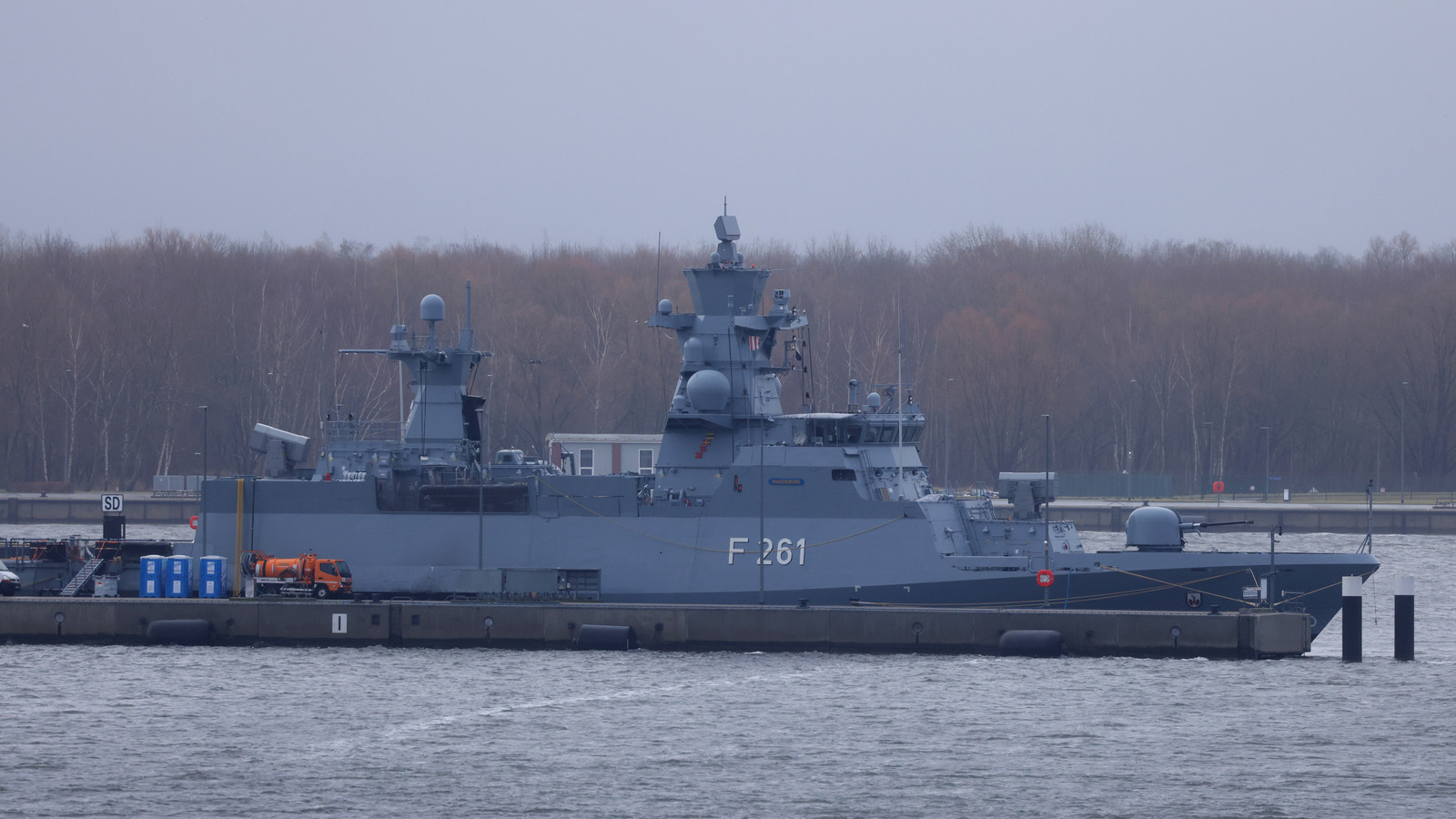
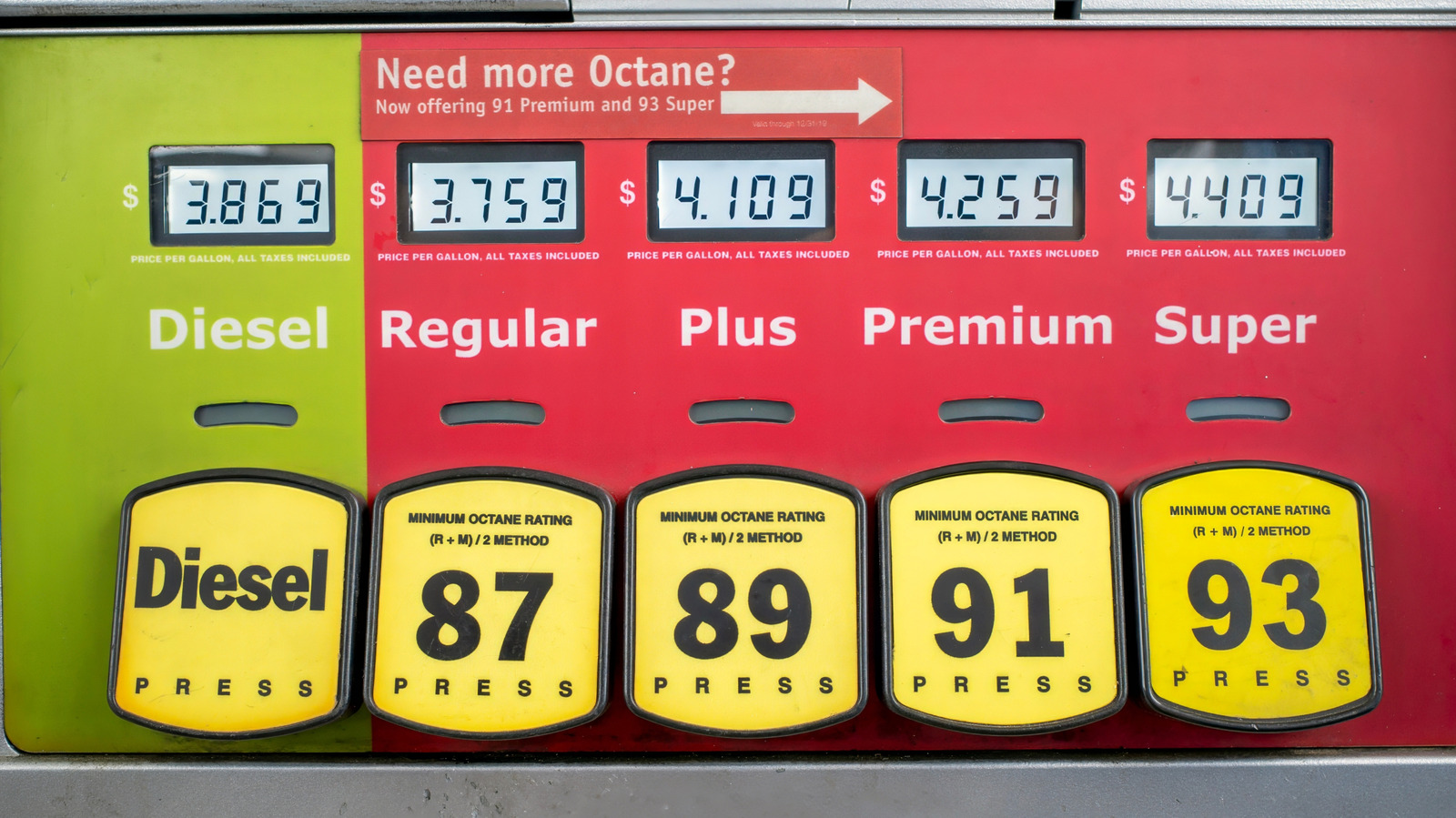
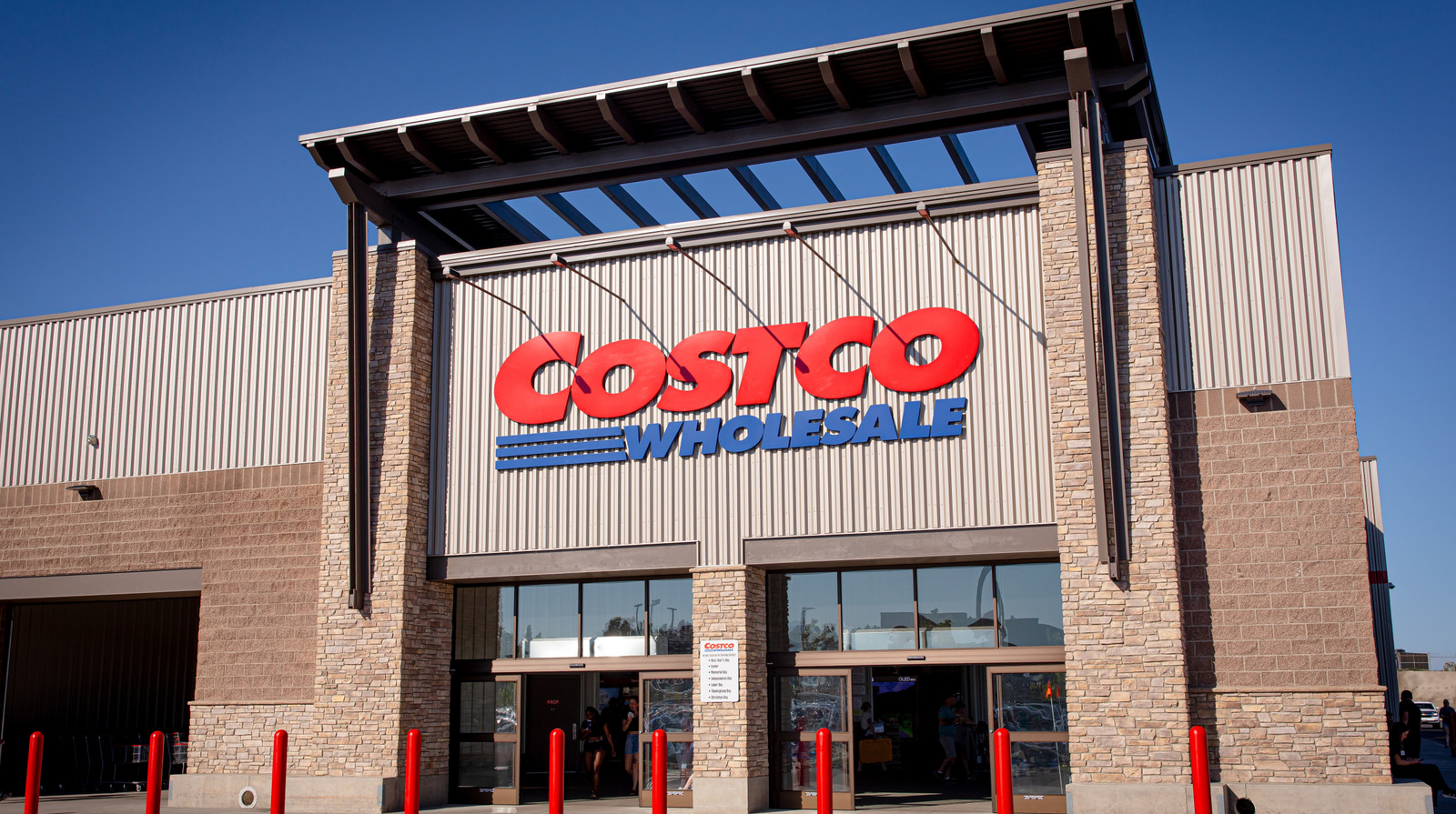
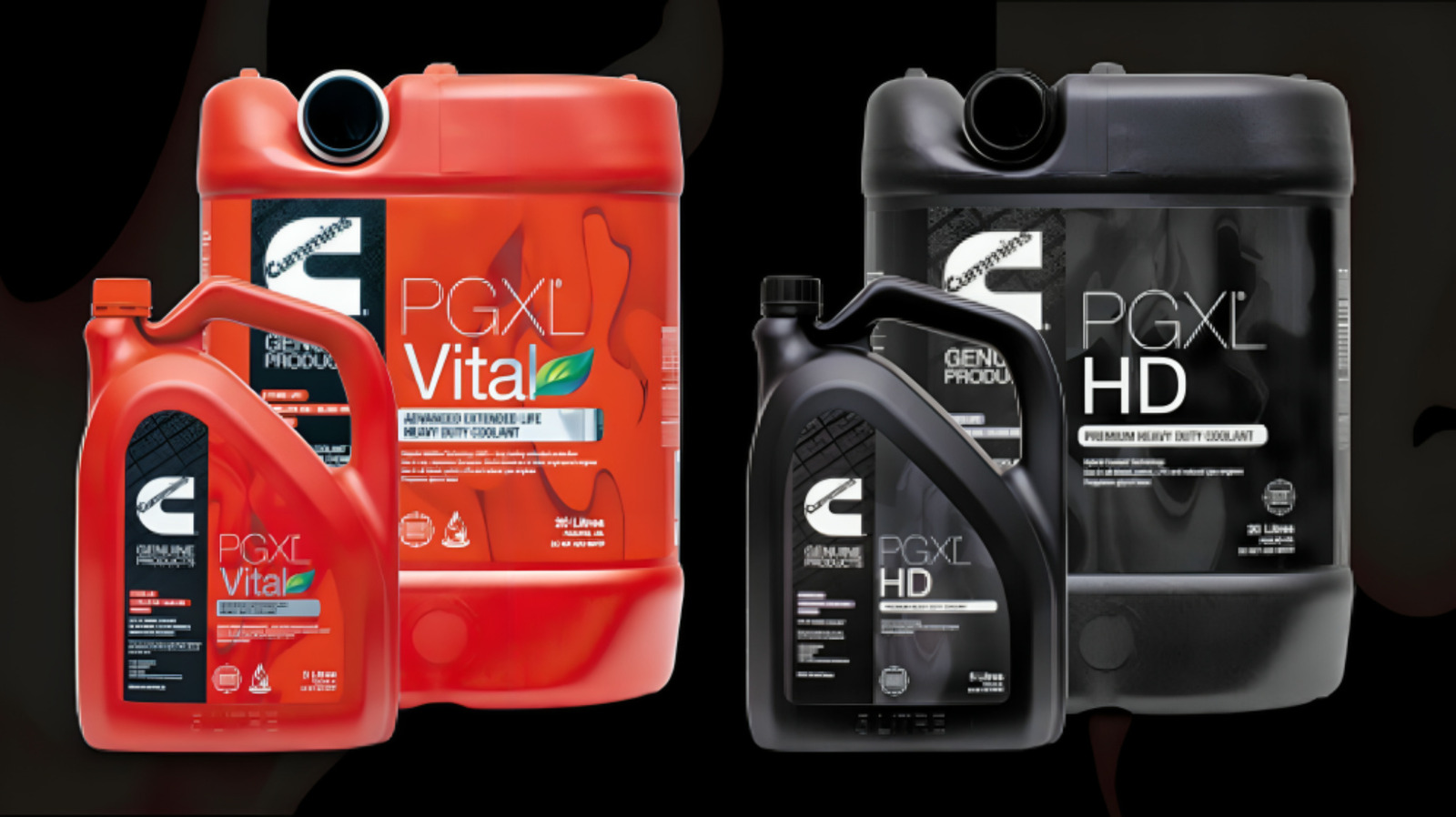










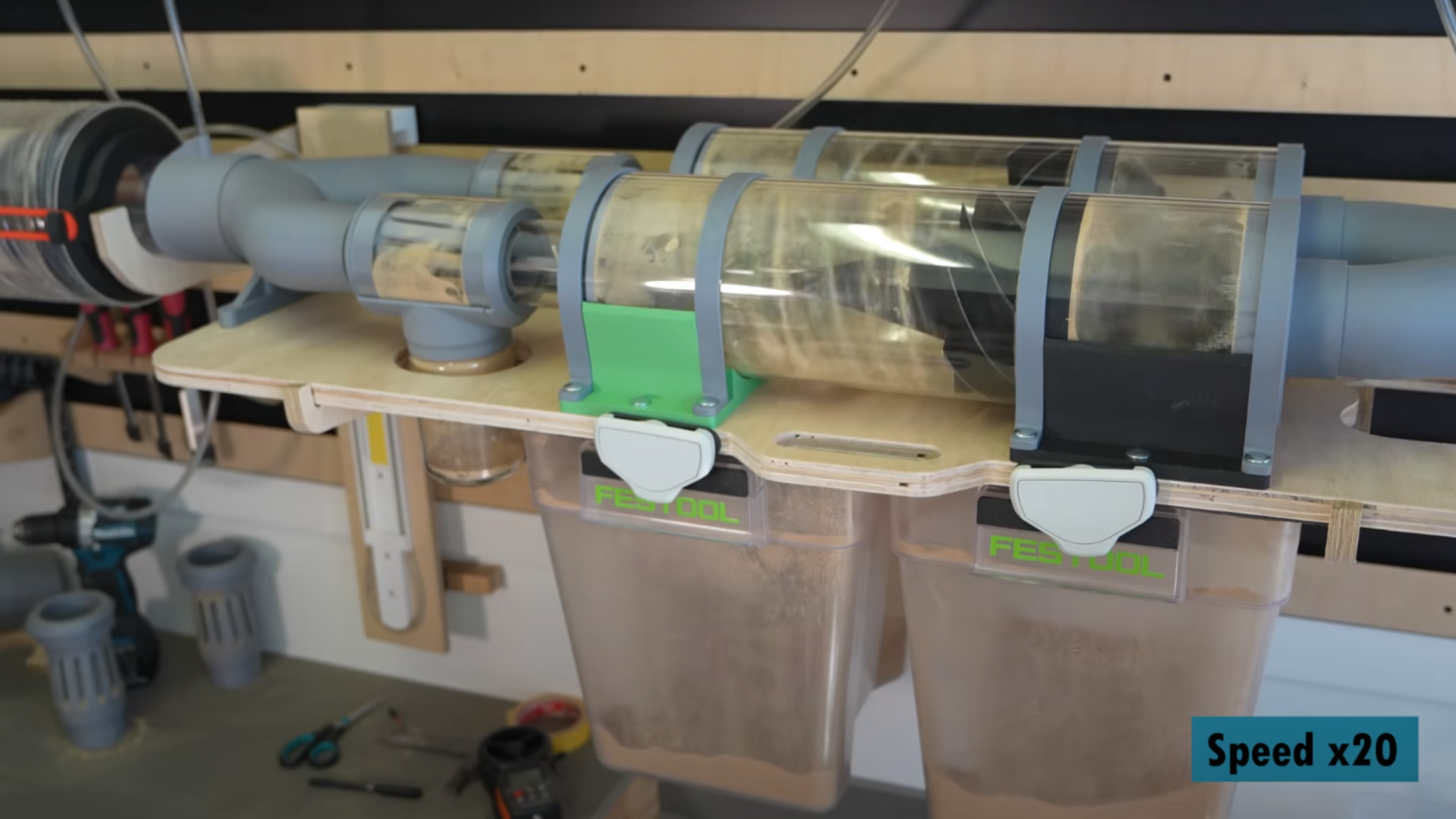





















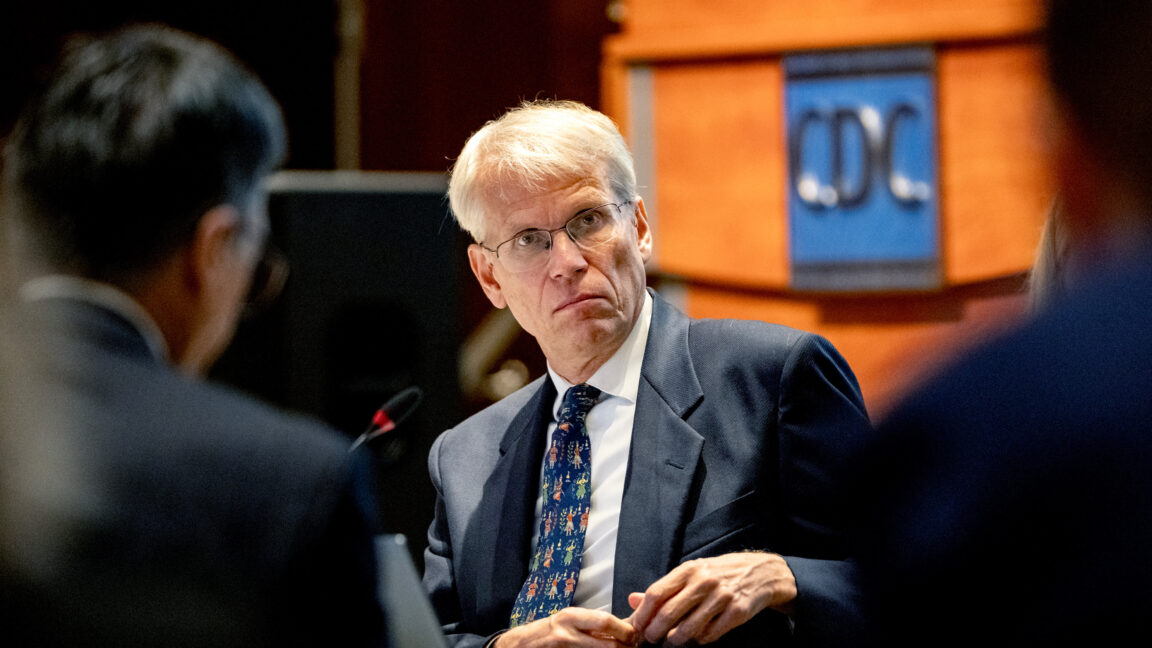
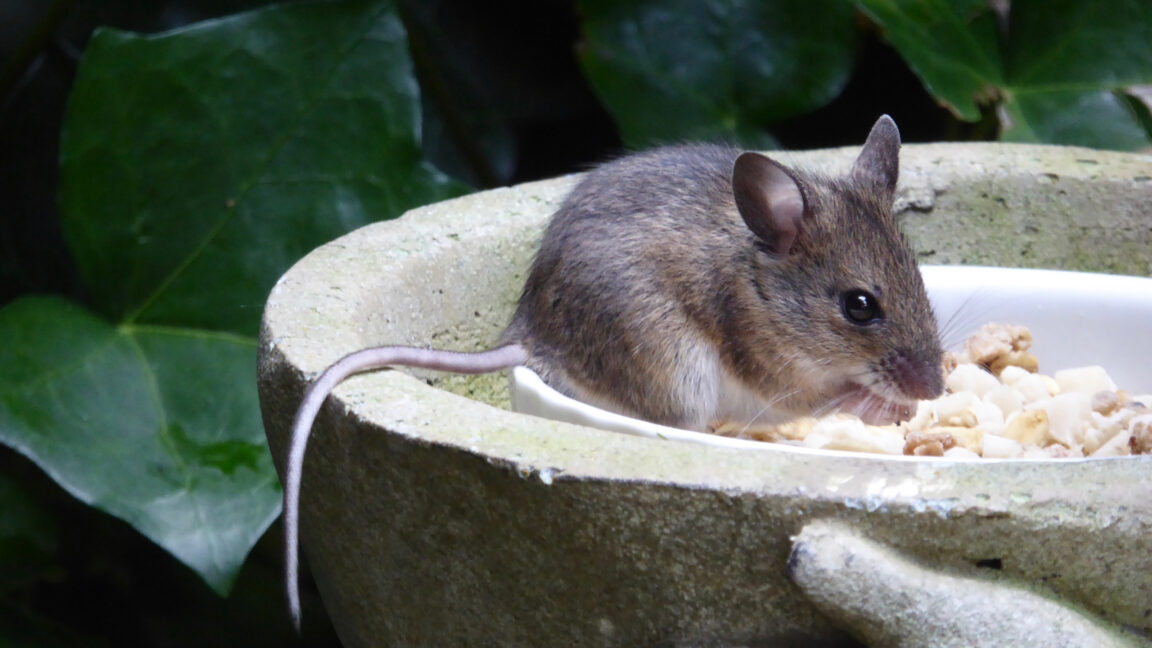
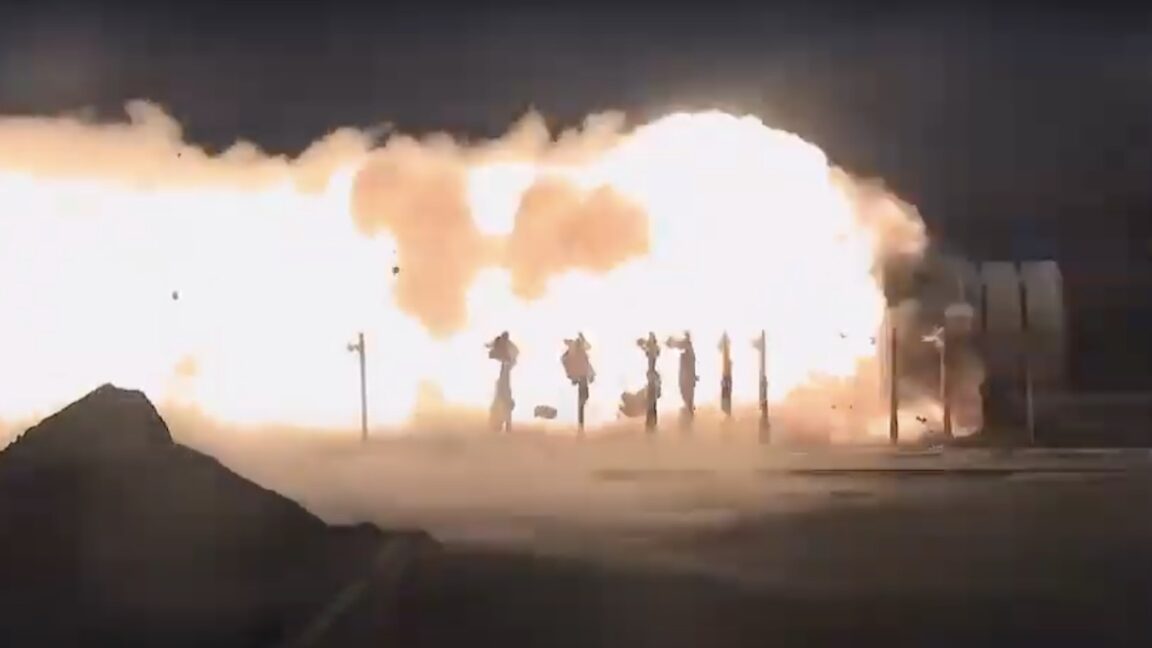
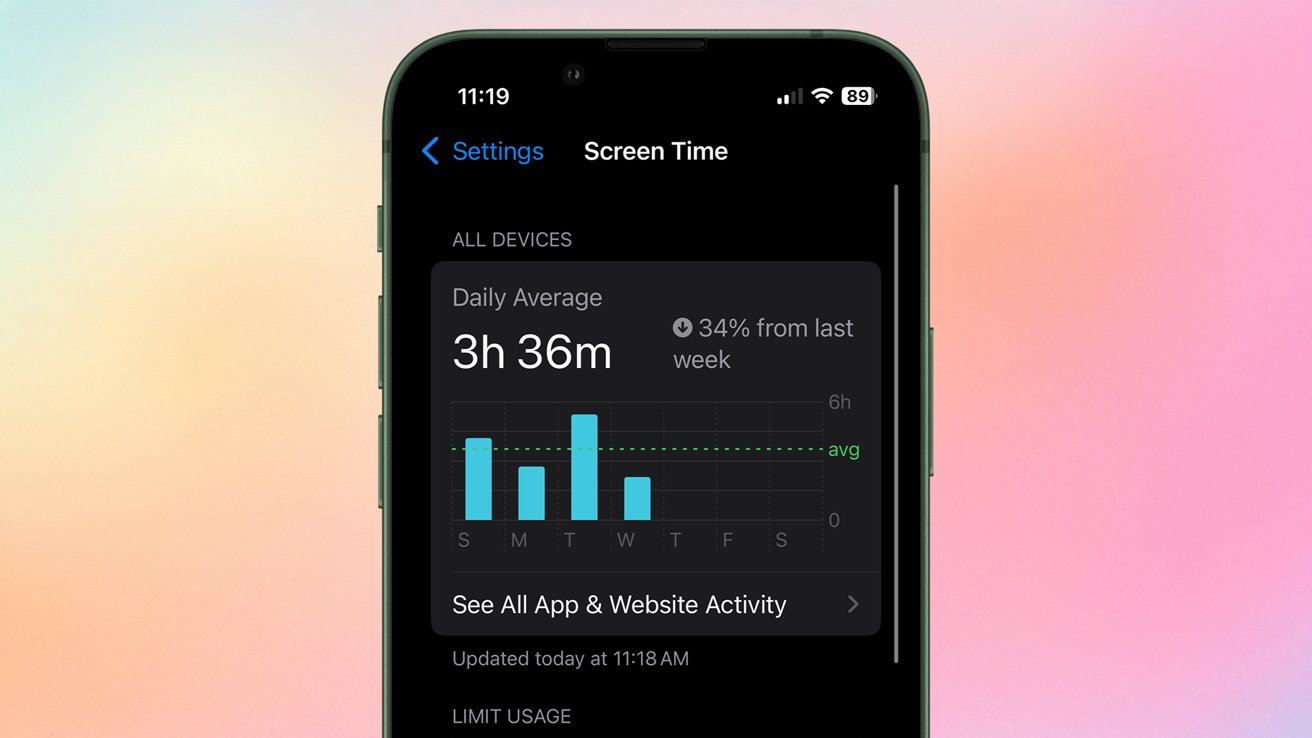





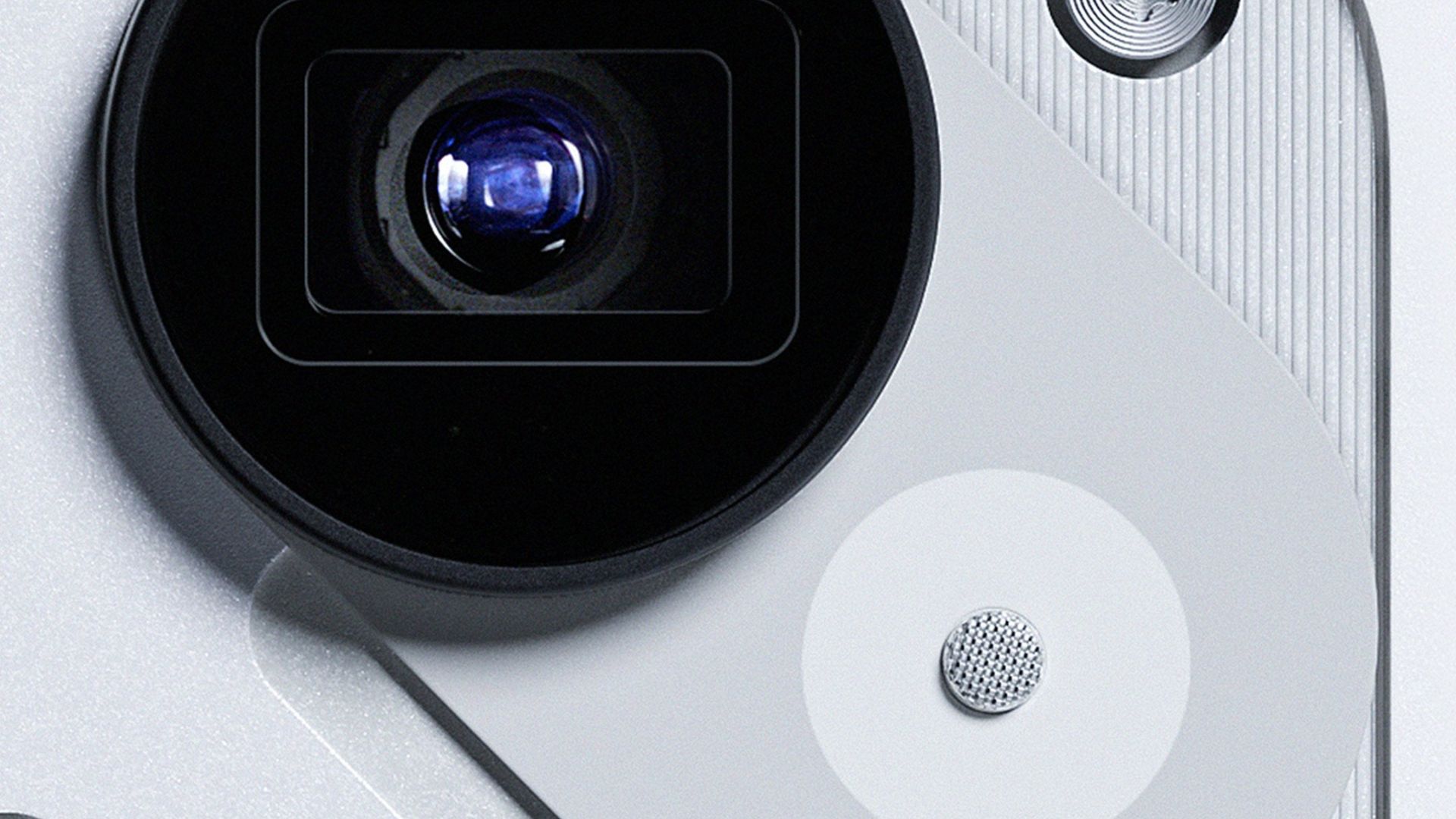



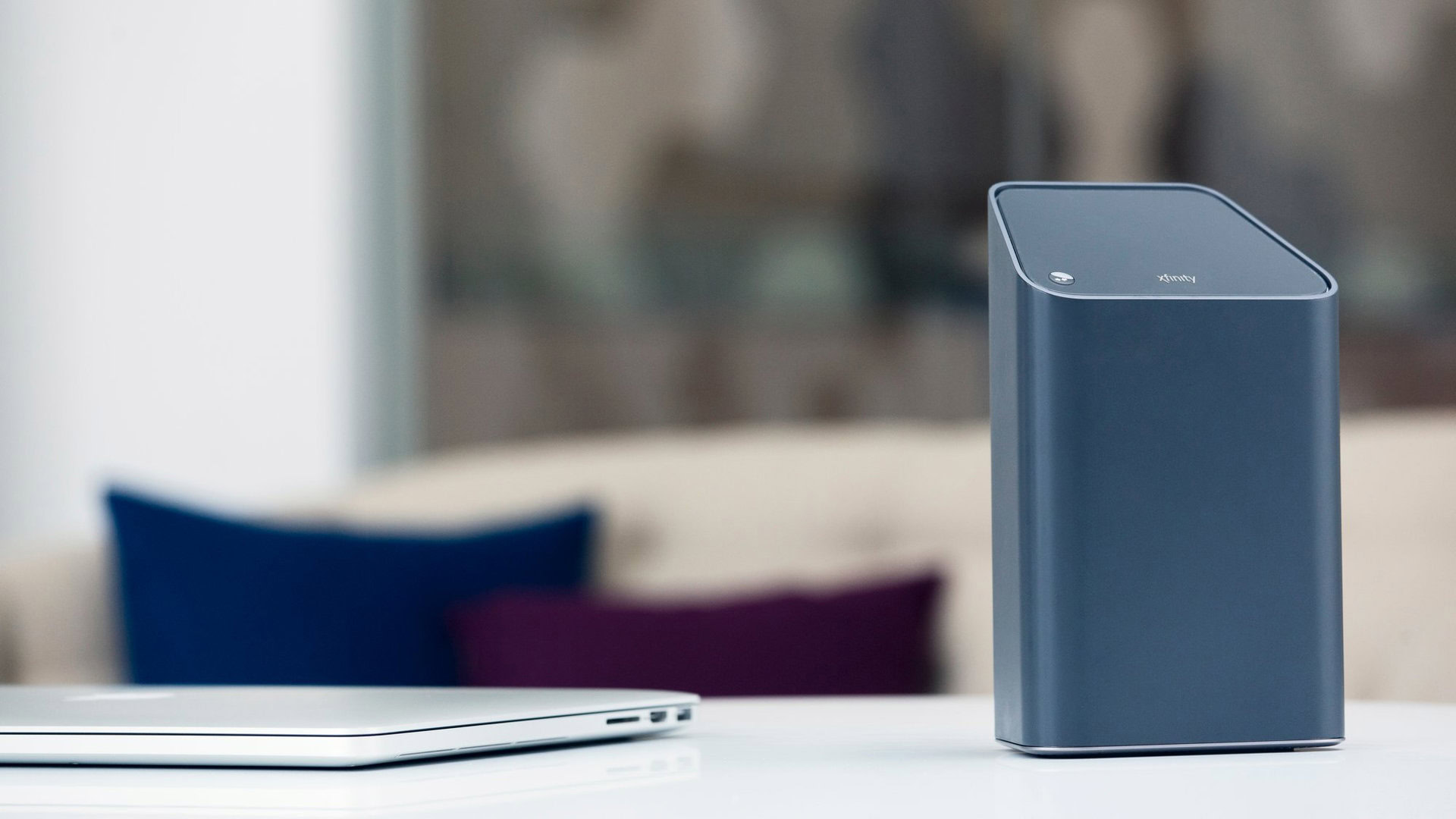

![Senators reintroduce App Store bill to rein in ‘gatekeeper power in the app economy’ [U]](https://i0.wp.com/9to5mac.com/wp-content/uploads/sites/6/2025/06/app-store-senate.jpg?resize=1200%2C628&quality=82&strip=all&ssl=1)

































